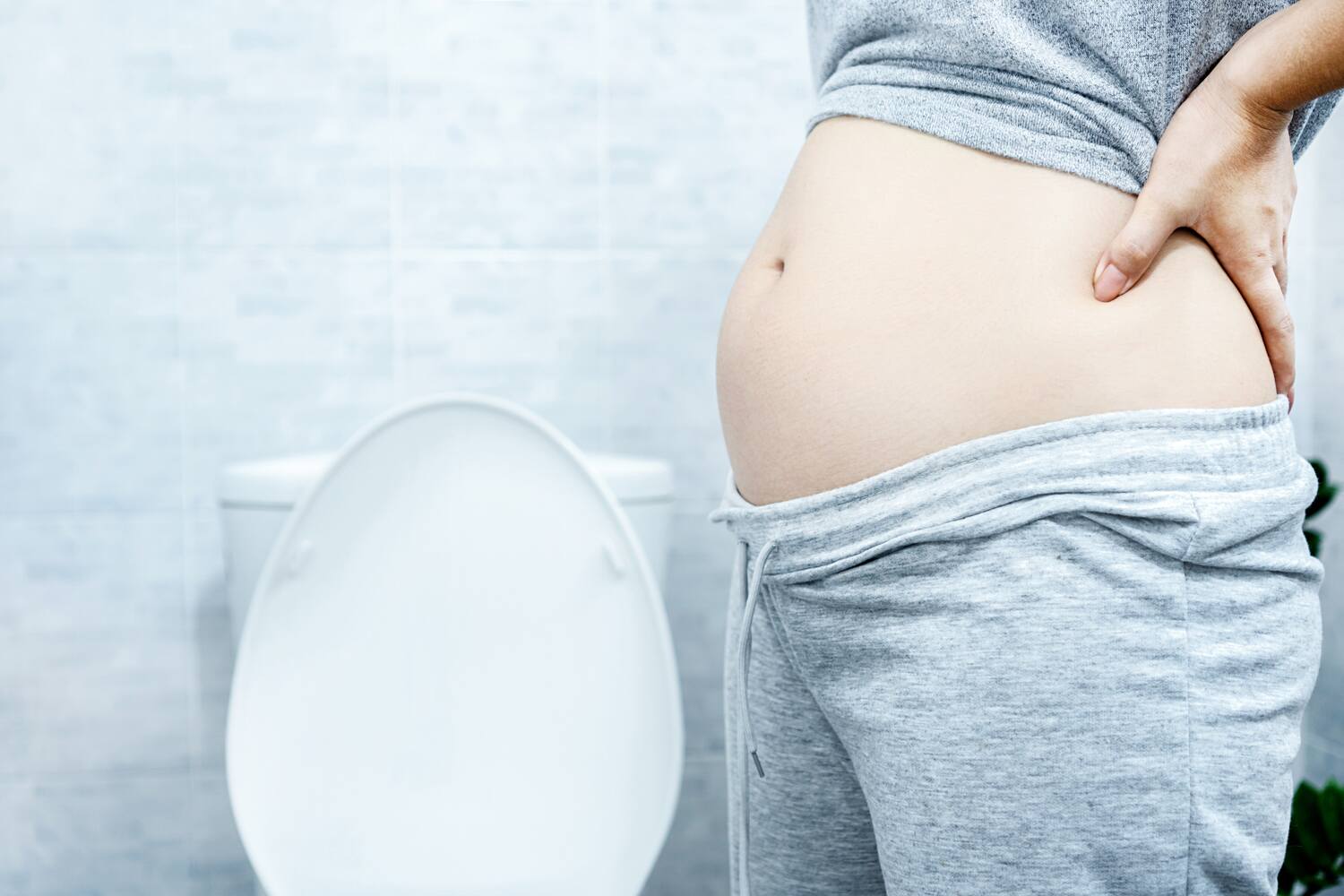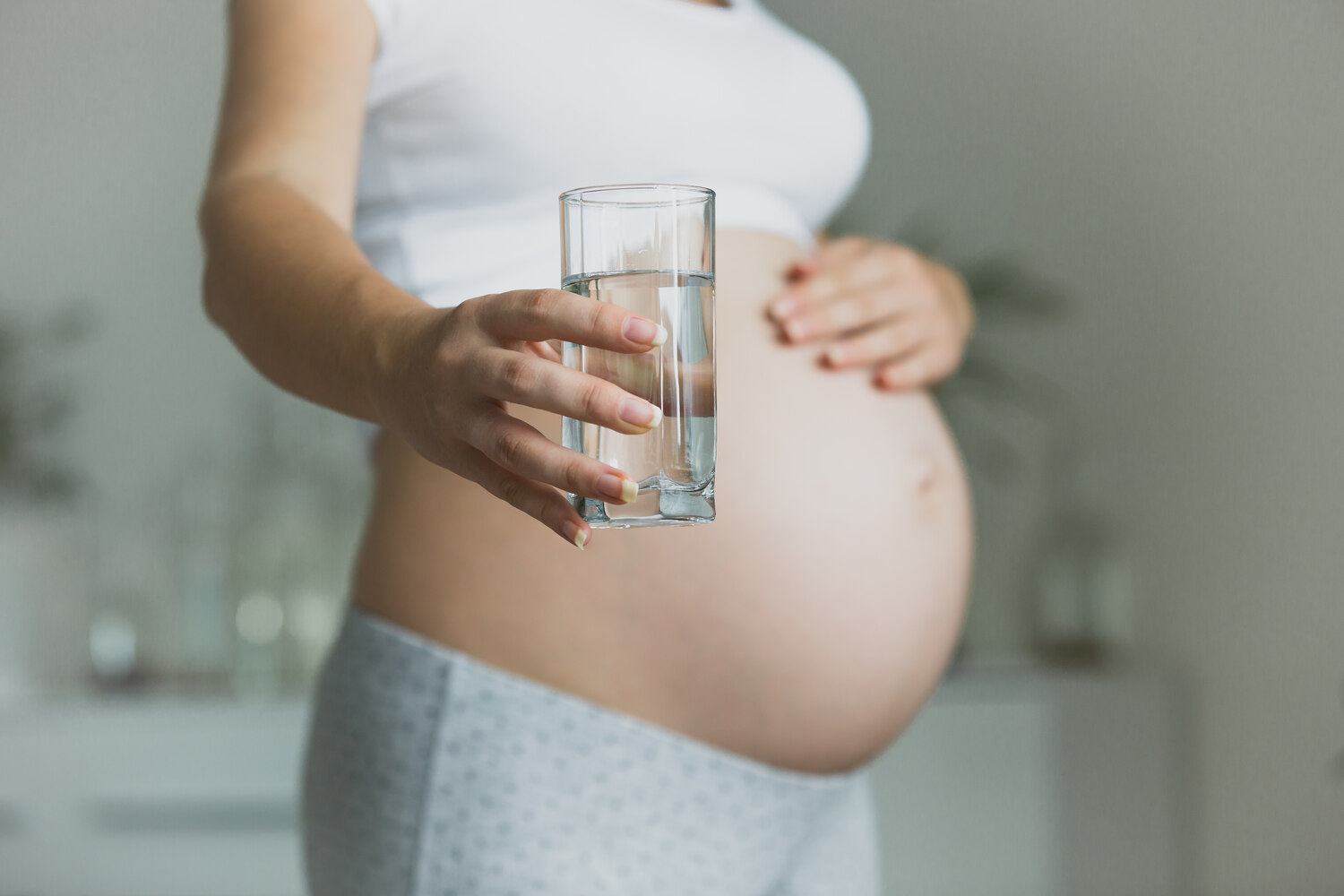
During pregnancy, the body goes through several different physiological changes. Because of all the changes occurring in the body, pregnant women often experience discomforts, including exhaustion, nausea, vomiting, changes in desire for food, and so on. It is also common to experience some unexpected changes like mucus in stool during pregnancy.
On the other hand, these unusual symptoms can also be a cause for concern for them at times. One of these conditions that the vast majority of pregnant women are unaware of is the presence of mucus in stool, as a result, it is essential to be more conscious of it.
In This Article
- Is It Normal to Have Mucus in Stool During Pregnancy?
- Causes of Mucus in Stool During Pregnancy
- Treatment Options for Mucus in Stool During Pregnancy
- Preventive Measures for Mucus in Stool During Pregnancy
- When Should You Call the Doctor?
- FAQ’s
Is It Normal to Have Mucus in Stool During Pregnancy?
It is normal for pregnant women to sometimes have mucus in their stools, however, this is not very frequent. Since the body is through numerous transformations in the first trimester, it is natural for there to be a growth in mucus secretion at that time. Additionally, mucus in stool is normal and to be expected if your doctor has prescribed vitamins.
Causes of Mucus in Stool During Pregnancy

Most of the time, digestive issues are to blame when there is mucus in the toilet. Pregnant women often have mucous in their stools due to
- Stools that include mucus may be a sign of hormonal imbalance. There is a higher probability of detecting mucus in stool during pregnancy due to the heightened hormonal changes.
- The mucus discharge may be a result of the gut being upset by the growing uterus during pregnancy.
- Dehydration may also cause mucus in the stool. Hence it is important to stay hydrated during pregnancy.
- Mucus may also form as an outcome of infections in the digestive system, including the stomach. Contaminated water or food sources are two ways to get these diseases.
- Mucus production is another possible outcome of food allergies.
- Conditions including Crohn’s disease and ulcerative colitis, together known as inflammatory bowel disease, may be triggered or made worse by pregnancy.
- Mucus in the stool may also be a symptom of a health problem in the digestive tract, such as piles or hemorrhoids.
- If you suffer from irritable bowel syndrome (IBS), you may notice that your stools include more mucus than usual when you’re expecting.
Treatment Options for Mucus in Stool During Pregnancy
It is important to determine the kind of mucus in the stool if you have it during pregnancy. Infections, dehydration, and other causes may be identified. Your doctor may prescribe antibiotics to alleviate this condition, and make some changes to your existing schedules
- Like changing the prenatal vitamins you are taking.
- You may also inquire with your physician about using a stool softener while pregnant.
- If you have an illness, finish the course of antibiotics the physician has given. Don’t just quit doing it halfway through.
Preventive Measures for Mucus in Stool During Pregnancy

The likelihood of mucus discharge during pregnancy might be reduced by adhering to specific rules, such as
1. Drink Up
Pregnancy mucus and other health issues may be avoided by maintaining an adequate fluid intake. It’s important for pregnant women to drink and stay hydrated always.
2. Stay Active
Pregnant women might also benefit from doing mild activities throughout pregnancy, provided they have their doctor’s approval.
3. Maintain a Healthy Diet
A nutritious diet is essential not just for reducing mucus production but also for ensuring a safe and healthy pregnancy.
When Should You Call the Doctor?
Having mucus in your feces is usually nothing to worry about. Mucus and blood are both signs that you should see a doctor, but you should seek medical attention if you detect any other symptoms.
In addition, you should see a gynecologist if you’re experiencing severe stomach discomfort or hemorrhoids. Excreting large amounts of mucus or having mucus remain in the stool for an extended time is another cause for concern.
Normal bowel movements during pregnancy can include mucus. Causes include being dehydrated, experiencing hormonal shifts, or having a food allergy. By learning about your body and making little adjustments to your routine, including drinking sufficient water, preventing foods that trigger allergic reactions, or eating healthier, you can keep these issues at bay. Irritable bowel syndrome and Crohn’s disease are common causes of diarrhea. A visit to the doctor is warranted under these circumstances.
FAQ’s
1. What Foods Cause Mucus in Stool During Pregnancy?
Intolerances and allergies may bring intestinal wall inflammation to certain foods, such as those containing lactose, sucrose, fructose, or gluten. This can lead to more mucus being produced, which would result in mucus being present in the feces.
2. Can Dehydration Cause Mucus in Stool During Pregnancy?
Keeping yourself hydrated is important for the well-being of your digestive tract and brain. Both mom and baby need to drink enough water throughout pregnancy. One possible cause of diarrhea with mucus is dehydration.
3. Can Vitamin Deficiency Cause Mucus in Stool During Pregnancy?
Pregnant women often get advice from their physicians to take a variety of vitamin supplements. In addition, if the vitamins include an excessive amount of iron or calcium, this might lead to mucus in the feces.

